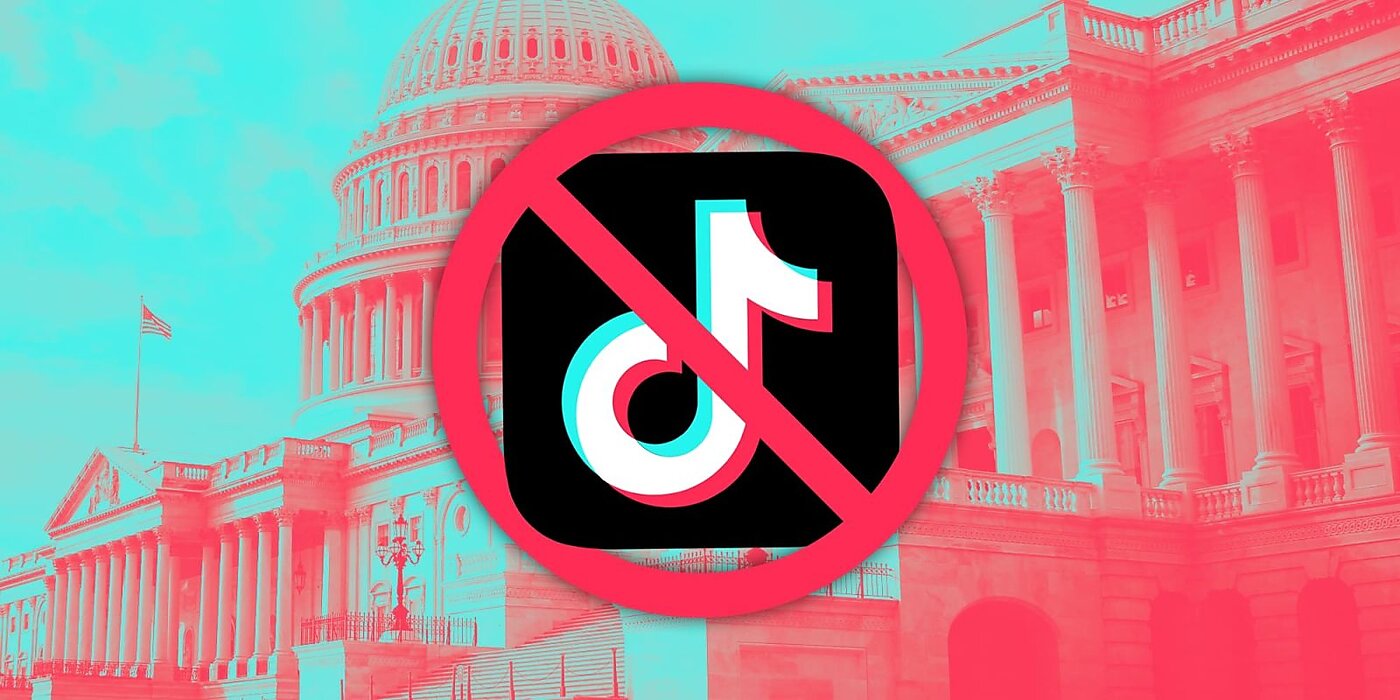Already a subscriber? Make sure to log into your account before viewing this content. You can access your account by hitting the “login” button on the top right corner. Still unable to see the content after signing in? Make sure your card on file is up-to-date.
Lawyers for TikTok and its parent company ByteDance have requested a federal appeals court to temporarily block a US law that would require ByteDance to divest its ownership of TikTok or face a nationwide ban starting January 19, 2025, as they prepare to escalate the case to the Supreme Court.
Some info before you read: Back in April of this year, Congress passed the Protecting Americans from Foreign Adversary Controlled Applications Act in a 360-58 vote. President Biden ultimately signed the legislation into law on April 24, 2024, which mandates that ByteDance, a Chinese-owned company, must divest its ownership of TikTok by January 19, 2025, or face a nationwide ban.

What’s going on now: In a motion filed to the US Court of Appeals for the DC Circuit, TikTok and its parent company ByteDance are seeking an emergency injunction to delay enforcement of a US law that mandates ByteDance divest its ownership of TikTok or face a ban on the app starting January 19, 2025. The request comes in response to a recent ruling by a lower court that upheld the law’s constitutionality, which aims to address national security concerns regarding the platform’s ties to China. TikTok argues that enforcing the law would cause irreparable harm to its user base and operations, urging the court to allow the Supreme Court to review the case.
Two different views for you:
Those who support forcing TikTok to divest from its Chinese parent company ByteDance or banning the platform altogether argue that its ownership poses significant national security risks. They cite concerns that the Chinese government could exploit ByteDance’s control to access sensitive data on US users, manipulate the platform’s algorithm to spread propaganda or misinformation, and harm American interests.
Those who oppose forcing TikTok to divest from its Chinese parent company ByteDance or banning the platform altogether argue that it violates constitutional rights and would consolidate power in the hands of competing social media companies like Meta. If TikTok was banned, it would eliminate a key competitor in the social media space, effectively granting Meta, the parent company of Facebook and Instagram, a near-monopoly over major social media platforms in the US.






